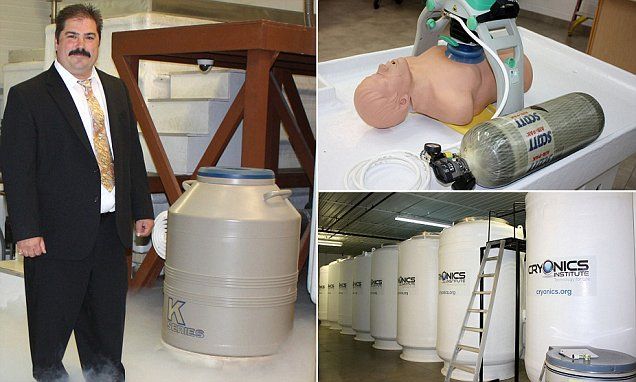Mar 6, 2018
Physicists Find a Way to See the ‘Grin’ of Quantum Gravity
Posted by Genevieve Klien in categories: cosmology, particle physics, quantum physics
In 1935, when both quantum mechanics and Albert Einstein’s general theory of relativity were young, a little-known Soviet physicist named Matvei Bronstein, just 28 himself, made the first detailed study of the problem of reconciling the two in a quantum theory of gravity. This “possible theory of the world as a whole,” as Bronstein called it, would supplant Einstein’s classical description of gravity, which casts it as curves in the space-time continuum, and rewrite it in the same quantum language as the rest of physics.
Bronstein figured out how to describe gravity in terms of quantized particles, now called gravitons, but only when the force of gravity is weak — that is (in general relativity), when the space-time fabric is so weakly curved that it can be approximated as flat. When gravity is strong, “the situation is quite different,” he wrote. “Without a deep revision of classical notions, it seems hardly possible to extend the quantum theory of gravity also to this domain.”
His words were prophetic. Eighty-three years later, physicists are still trying to understand how space-time curvature emerges on macroscopic scales from a more fundamental, presumably quantum picture of gravity; it’s arguably the deepest question in physics. Perhaps, given the chance, the whip-smart Bronstein might have helped to speed things along. Aside from quantum gravity, he contributed to astrophysics and cosmology, semiconductor theory, and quantum electrodynamics, and he also wrote several science books for children, before being caught up in Stalin’s Great Purge and executed in 1938, at the age of 31.
Continue reading “Physicists Find a Way to See the ‘Grin’ of Quantum Gravity” »
















